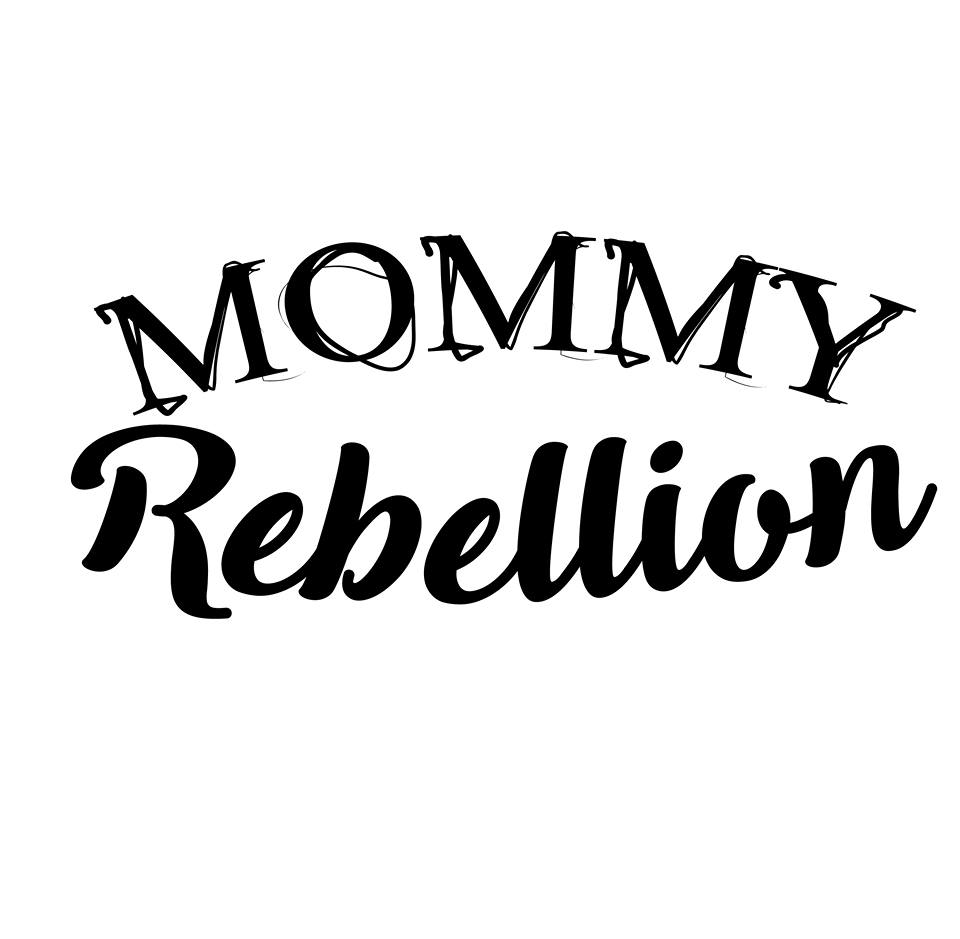This week we are short a contributor so I thought I would review a parenting book that I have so far found very helpful and read just a few months ago.

I was drawn to The Teenage Brain thanks to a parenting book display at one of my local libraries. The secondary title of A Neuroscientist’s Survival Guide to Raising Adolescents and Young Adults
really spoke to me as someone who grew up in a scientist’s household and yet at the same time has this strange new create of a per-adolescent daughter of 11.
This book is written as a guide to parents, teachers, coaches, girl scout leaders, anyone really who is going to be working with humans from about 12 until 25 to30.
Yes you read that right, I said 25-30. Why? Because the brain is not done developing that all important frontal lobe (where all our control comes from and the ability to predict what might happen after we do a certain action) is not completely formed and developed until that late age of 25-30. Are you shocked yet? I was that it can take quite that long.
One of the most meaningful piece of information I have gotten from this book, at least in the short term of not quite having a teenager yet but staring at having one in less than 18 months is this. The ability to be able to predict that an action is going to need to happen in the future goes down between the ages of 10 – 20.
What does that mean in the life of a parent? To put it bluntly it means that my 6 year old is better at predicting that she might need to refill the cat’s water dish in a few hours because the cat just took a large drink than my 11 year old can predict that we just ate a big meal with a lot of baking and therefore there will need to be several loads of dishes put in the dishwasher as well as washed by hand!
So yes you do have to keep reminding, and reminding your teenager to do things, because they do not have the infrastructure in their brain yet to be able to predict it themselves, even if it’s something they need to do every single day.
This book also really brought home why things like driving, alcohol, tobacco, drugs, and social media should all be controlled substances around kids up until at least their early twenties.
It also added some new research into understanding what is going in in the brains of those Millennials and all the generations coming after.
And this is scientifically backed by studies using functional MRI’s, and ways of imaging the brain that we have only had in the last decade or so.
This is new information. This is information you can share with your teenager to say “Oi, this is why I am telling you to do it this way.”
Your high school student may not be able to prioritize their homework. That maybe something you need to sit down with them every night and make sure they know the order in which they need to get it done. This doesn’t mean they are stupid, this is just how their brain works at this moment in time.
Just like you need to help teach your kids how to tie their shoes, you have to teach your teenagers how to deal with a world that thinks that they are already an adult before they actually have the infrastructure in their brain to be an adult.
Maybe this is why more and more 20 somethings are still living at home? Maybe this isn’t really the curse we think it is and is in fact a blessing in disguise?
This book was written to be shared with your teens. To sit on your bookshelf and be brought out when different issues come up. This book is filled with stories of the actually crazy stuff that actual teens have done, and in some cases how they turned out. Teenage brains are not set up to make good choices much of the time, but the more we tell these stories to our kids (and yes over and over again is preferred due to selective hearing and the repetition needed to create new pathways in the brain) the more likely they are to remember that there might be stupid/bad consequences to this action.
Or at least be willing to call for medical help when someone screws up and does something stupid. Because that seems preferable to kids dying.
This book even provides ideas of how teachers, parents, and even the justice system could be better designed to better serve our adolescents.
I highly recommend this, whether you have teenagers yet, or just work closely with anyone under the age of 30.


Recent Comments